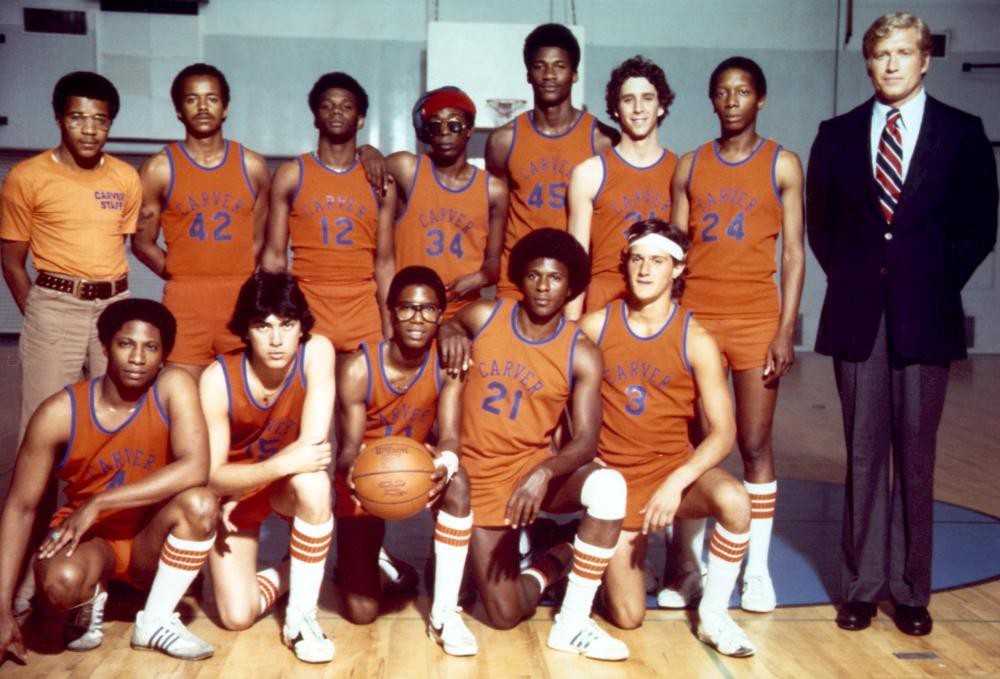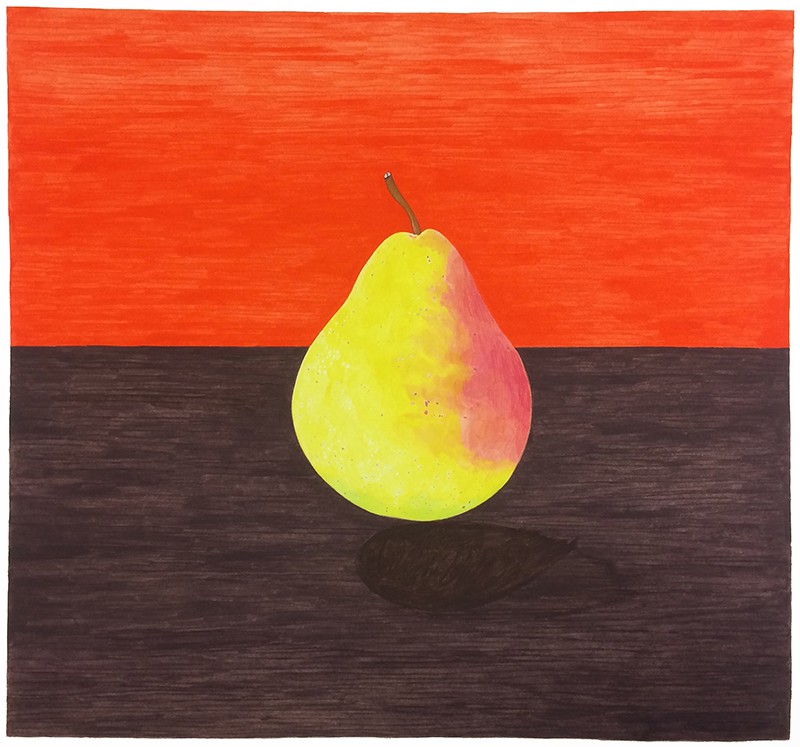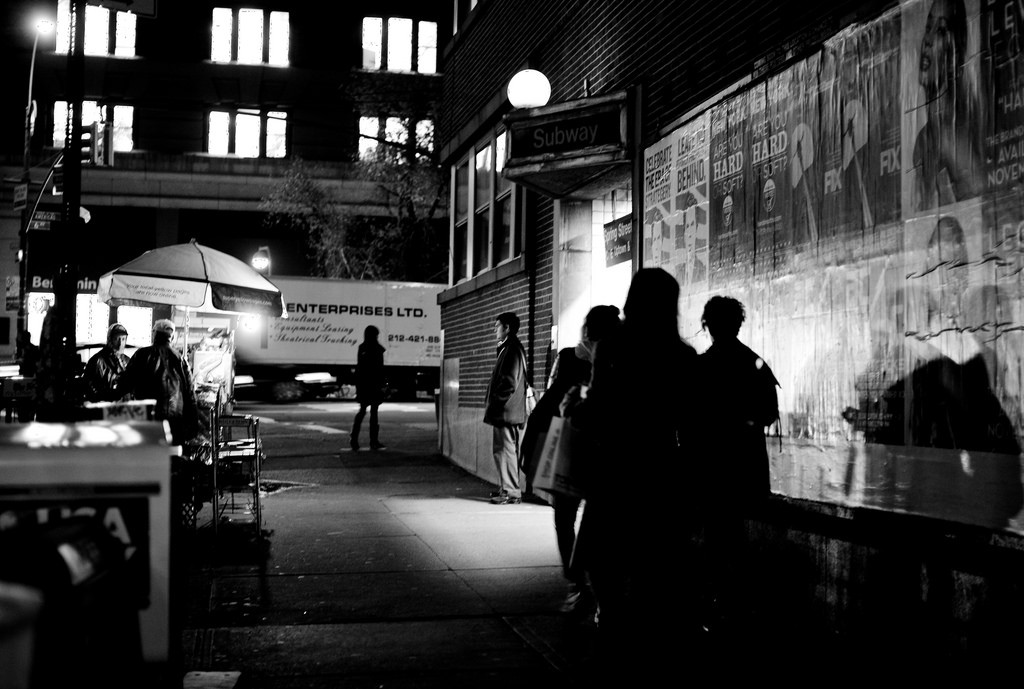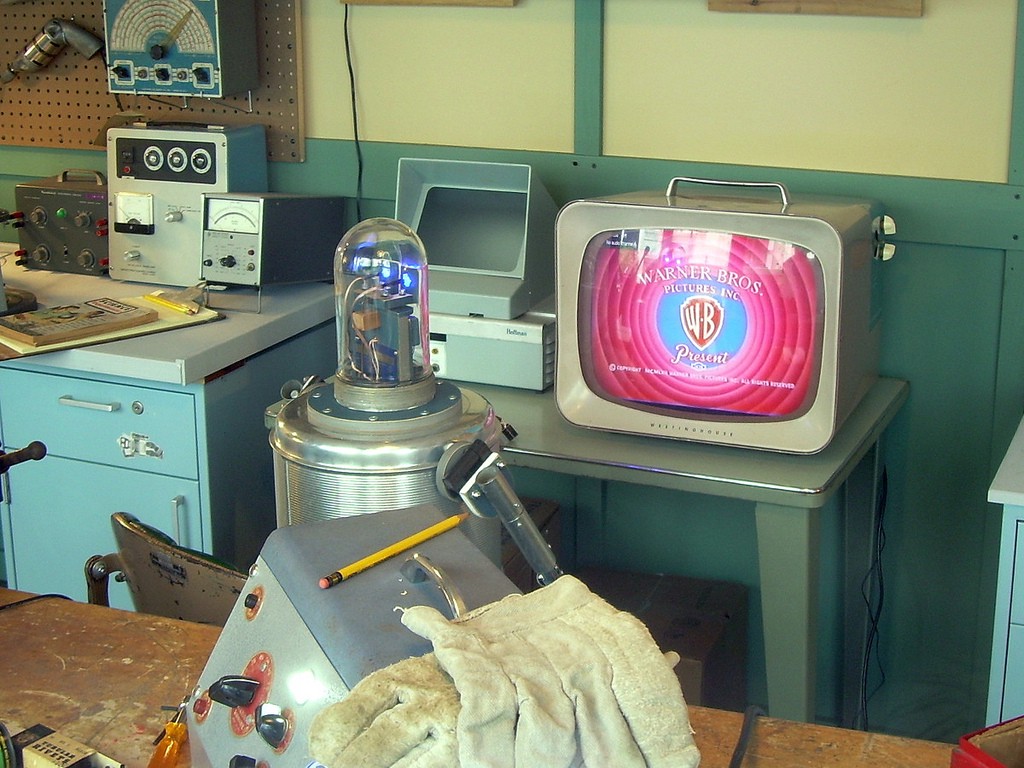Bringing OxyContin To The World
Spreading the pain pills

The third major installment in the Los Angeles Times’ “investigation exploring the role of OxyContin in the nation’s opioid epidemic” came out at the beginning of the week, and if it is less harrowing than the previous two installments it is also somehow more alarming, as it details the plans of the Sackler family’s Purdue Pharma company to take the drug worldwide. All three pieces are worth your time.
"The White Shadow" (1978-1981)

I realize it’s tedious for you to read a list of the “real-life” subjects that “The White Shadow” tackled in its fifty-four episodes — racism, alcoholism, drugs and overdosing, wrongful incarceration, gang violence, family violence, student violence against teachers, student sex with teachers, teen pregnancy, teen death, STDs, homosexuality, interracial dating, autism, and so on — but I must list them in order to make this point: “The White Shadow,” which began its prime-time run on CBS in 1978, usually got there first.
“The White Shadow” starred the white actor Ken Howard, then known largely for his stage work (in 1970 he got the best featured actor Tony for Child’s Play) , as Ken Reeves, a former Chicago Bull whose career-squelching injury led him to a job coaching basketball at an inner-city Los Angeles high school. CBS requested that the show skirt topics like sex, drugs, and criminal behavior. Bruce Paltrow, the tough-talking liberal New Yorker who created the show from an idea spun with Howard, threw CBS a bone — an occasional scene of the Carver basketball team’s wholesome, “Glee”-flavored a cappella sings in the locker room shower — and then proceeded to ignore everything the network said.
American television has always tried to keep pace with the direction of film, which by the 1970s had given Technicolor romances the kiss-off in favor of gritty realism courtesy of so-called New Hollywood. It was now time for America to see the inner city without punch lines — we had “Welcome Back, Kotter” for those — by way of television’s first prime-time drama with a predominantly black cast.
Most “White Shadow” episodes revolved around hard choices the kids had to make, and suspense was assured because, as regular viewers knew, the show didn’t tend to deliver an uncomplicatedly happy ending. In timeworn showbiz fashion, some of the teenage characters were played by actors halfway to fifty, but the performances were so convincingly juvenile that you rarely noticed. The censors allowed no obscenities or explicit sexual references, but one kid might tell another that he saw his grandmother naked — that sort of thing — and it got the spirit across.
If something resembling authentic competitive camaraderie comes through in the locker room scenes, that’s because it was really there. Timothy Van Patten, who played the team’s Italian American lunkhead, Salami, and who, incongruously, went on to direct episodes of smart-person shows like “The Wire” and “Boardwalk Empire,” said in the DVD commentary, “We had our own secret language — we really did…Not only that, we would…take every opportunity to beat the shit out of each other.”
The idea, mercifully unarticulated, is that these kids have been sufficiently burned — by school, family, the community, the system — to know that something that looks good should be met with squinty-eyed suspicion. “Listen, what’s your story?” says Hayward, the brain with black pride and crap grades, when he gets stuck sitting next to the coach on an airplane that’s supposed to fly the team to a tournament. “You used to be in the big money. You was a high roller, man. You don’t need this job.”
Well, he does need a job. When Reeves blows into Carver, he isn’t flawed but idealistic like Glenn Ford’s character in 1955’s Blackboard Jungle; Reeves just wants to get by, and maybe laid by the show’s odd romantic interest for him. He doesn’t want to touch the team members’ personal problems. When he reluctantly does, he gives wretched advice — he tells one player to marry his pregnant girlfriend, since this was how it was done in his day — and later hates himself for it.
When Reeves does voluntarily get in the kids’ business, he’s generally motivated by self-interest, as when he tries to talk Coolidge’s mother out of letting the team’s star player leave high school to go pro: “The odds are he won’t make it. Then he’ll be ineligible to play college ball. So then he’s out in the street — nobody and poor. Is that what you want for your son, Mrs. Coolidge?” To which she replies, “He’s already nobody and we’re already poor.” Oopsie. Throughout the first season, Reeves is called out, albeit in 1970s wording, for his white privilege, especially by the school’s black, female vice principal — the show’s reliable feminist voice — and he’s not always deferential. “I’m a little tired of going around here having to apologize for everything,” he tantrums at one point.
But as episodes roll by, Reeves is given moments of clarity. In one episode, Gomez — “the only Mexican in school that’s failing Spanish” — returns to his former street gang because his execrable grades have gotten him kicked off the basketball team. Reeves ends up crashing a faculty meeting (he usually skips them) and explodes, “Gomez isn’t failing Carver; Carver’s failing Gomez.”
Paltrow and Howard were clear-eyed from the start about not making the Coach Reeves character “just another white knight coming here to save the ghetto,” as one team member puts it. This is where Thomas Carter, who played Hayward, pulled a second shift. In the DVD commentary, Howard says of Carter, “I think he was very concerned about how the black players would be shown, and what the show was doing, what it was saying. So we very much included him, Bruce and I, in all of it. Like, you know: ‘Are we bending over backward one way or the other?’”
Watching “The White Shadow” today, it’s impossible not to think of season four of “The Wire,” which centers on Baltimore’s crumbling public schools and a failed white cop’s skittish attempt at a new career as a teacher. It’s also impossible not to sorrowfully marvel that, nearly forty years on, “White Shadow” doesn’t seem dated outside its sneakers and shorty-short gym shorts: we’re still talking about what a wreck inner-city schools are, what a blight to the community drugs are, what a tragedy urban violence is.
Things hadn’t gotten better for the kids by the show’s end, in March of 1981, less than three seasons in, but they had gotten whiter. Timothy Van Patten told the Archive of American Television in 2009 that Paltrow was constantly fighting network pressure to make the show less black. In 2013, Thomas Carter, who directed a few episodes and went on to a successful career directing feature films and TV, told the Archive, “I felt like the network kept pushing the show more into a comedic direction…All of a sudden this show that had all these black kids, the ratio was changing, and so there were more and more white characters. And I thought, well, the show’s losing the flavor of what I thought made it really original.”
In her 2014 book, Eat, Drink, and Remarry: Confessions of a Serial Wife, the writer Margo Howard, who was married to Ken Howard during the show’s run, says that Newton N. Minow of the Federal Communications Commission, who famously called television a “vast wasteland,” loved “The White Shadow,” and that Frank Sinatra did too. So did I, and so did the METCO kids at my school in Newton, Massachusetts. So did at least some of the Emmy people, who gave the show a nomination for best drama series in 1980 and in 1981. But it never had much in the way of ratings. Thomas Carter told the Archive of American Television, “Honestly, I think CBS didn’t know what to do with the show, and I think they sort of ruined the possibilities of the show because they moved it around a lot on the schedule.” “The White Shadow” didn’t survive a third-year scheduling change — it got yanked fifteen episodes into its third season.
I haven’t come across “The White Shadow” on any best-of lists, although Mike Post’s funk-tastic theme song gets its due. The show’s only mention in the fall title TV (the Book): Two Experts Pick the Greatest American Shows of All Time is in a “Best Teachers” sidebar; Coach Reeves is number four. Of course Shadow was name-checked in every obituary for Ken Howard this past March. Bruce Paltrow, who died in 2002, is probably better known for his contributions to the long-running drama “St. Elsewhere,” which succeeded “The White Shadow,” and for his own white shadow, his Waspy-looking actress daughter, Gwyneth.
In one of my favorite scenes, Coolidge and Jackson, who are black, listen as Hayward quizzes Gomez in history; they’re trying to get his grade up. When Coolidge and Jackson each suggest that the correct answer is the president he is named for, Hayward tells them, “That ain’t your real names, anyway.” Coolidge says, “What do you mean, that ain’t my real name?” Hayward tells him, “I mean…you figure it out.” Like every other challenge presented on “The White Shadow,” that was for you too, home viewer: figure it out. Mr. Kotter wasn’t going to ask that much of you. But then again, unlike Ken Reeves, Kotter didn’t get fired in the middle of his third season.
You can watch all three seasons of “The White Shadow” on Hulu.
Nell Beram is coauthor of Yoko Ono: Collector of Skies and a former Atlantic Monthly staff editor. She has also written for The Awl about Desi Arnaz’s autobiography and the unfairly forgotten film Dear Heart.
What Are You Going To Avoid Your Family With?
One of the great things about reading is it takes you away from wherever you are.

Have you finished the most important part of your Christmas planning yet? No, not the gift shopping, the loading up of the portable computing device of your choice — okay, who are we kidding, it’s that fucking phone you wear like an extra appendage and which you would sacrifice several other appendages in favor of if you were forced to choose — with content, the better to separate yourself from the crowd amongst which you are forced to spend your holidays. There are any number of best-of lists going around right now, but here’s one of the more promising entries, focusing as it does on pieces that may not have gotten the attention they deserved during the year:
Longreads Best of 2016: Under-Recognized Stories
Good luck! You could also try books, but people seem to respect your privacy more when you are on the phone, probably because obvious literacy is somehow more overtly hostile than the possibility that you are checking email or crushing candy. God, this horrible, horrible world.
Fall to Winter
The changing of the seasons, illustrated

We ate the fruit. It was plump warmed by the waning sun, the juice dribbled down our chins. We weren’t worried.
Fall began with cheer, as with a New Year. We basked in the late yellows, the sun brighter as it sank low on the horizon, chafing tops of heads. We made it to the bus stop most days and paddled once through a pond. The kids ate the candy, stuffing wrappers in tight corners and under beds. But the light shifted. It always does. Night extended into morning and I saw Orion and his dog beaming, chasing the two-star rabbit.

The egg, small and pointy and perfect, sat atop a pile of jet-black feathers.
We had a chicken named Fluffy, a Polish hen with a feathery white crown that gave the impression of Phyllis Diller. She had a pitch-black body, shiny and soft, and she cooed at our feet and came running when we called. She liked to sit on our doormat. She had a sense of humor. We were naïve of course, and the hunter in the sky was real. The hawk took Fluffy in a violent burst and left only her beautiful black coat. I found her egg centered perfectly among the ruins. Her flock wandered without her.

The moon’s one bright face.
The supermoon brought a diversion, something to look forward to and to marvel at together. The light would be bright! The sky would bounce off the earth and we would be in it together. Let’s wait up late and see. But the clouds were thick that night and shattered the light to bits. The kids wake up in the dark terrified of monsters and bad men scratching at the windows. They burrow deep in their comforters. The darkness pervades.

The sun rises and cuts a crimson stripe above the ridge.
I kept Fluffy’s egg and showed it to the kids. They thought it was a present. One bright egg falling out of the clouds. Maybe the two-star rabbit escapes. Maybe the chicken and the burrowing children do, too. It’s the darkest day of the year and the air snaps cold. But the light shifts. It always does. The sun will soon hasten Orion’s trek across the sky. We’ll find our strength. As in the heavens, on earth.
(Previously: Summer to Fall)
Amy Jean Porter is an artist who lives in Connecticut.
The Best Celebrity Gossip Right Now Is Also Political Gossip
And it’s not even about Tronald Dump.

Want to hear the best gossip I’ve come across in a while?
It’s really juicy.
First of all, it’s as American as a gossip item can get, I’m pretty sure.
It’s got politics.
It’s got showbusiness.
It’s got our not-so-distant colonial origins, rife with group-fed fear and a loose grasp on the sciences.
Are you ready?
…
…
…
…
..
.
Zach Braff and Mitt Romney are related to the same accused witch (from the Salem witch trials).
Mitt Romney and Zach Braff Are Related to the Same [Accused] Witch
Have a great day!
G2S, "Amako"
It’s not going to get any darker after today.

Do you want some good news? Today will be as bad as it gets, darkness-wise. (I am talking about the actual level of light here; speaking metaphorically it is going to get a lot more dark.) The sun sets on this shortest day of the year at 4:32 PM, but come tomorrow it sets at 4:33. A month from today it will be setting after 5 PM again. (A month from today Donald Trump will be your president, but you’re going to have to focus on the little things if you are going to survive the next four years.) So if you make it through today (and the day itself will take about 15 minutes, it might be dark by the time you read this) you will be headed in the right direction. Again, I’m talking about available light. In all other regards you’re utterly fucked.
Anyway, here’s some music. “Sinuous” would be a good word for it, I think. Enjoy.
New York City, December 19, 2016

★★★ An ambiguously streaked and shaded sky brightened for a while into blue. A cold air current crept along the floor. Out in the street, yesterday’s puddles were slush or outright ice. One patch of thin cloud was plated like a snake’s belly. Then the clouds became little wayward twists. A dropped piece of seasonal plant decor strewed little red berries over the sidewalk. The daylight lost its luster; even while the sky overhead was still blue and white, the distance down the avenue had acquired the sickly orange of sundown.
Internet Video Is Lies
Seeing is believing, but what if no one is really watching?

So do you know the thing about Internet video? It’s lies.
Everyone Is Lying About Internet Video
Seriously, whatever they tell you about videos on the Internet is lies.
So when someone tells you that their work involves Internet video, you can remind yourself that their work involves lies. Don’t say it out loud though, because the people who work with Internet video have done a very good job convincing themselves that actual people watch the things they make, and actual people actually want to watch the things they make, and any shattering of that illusion is disturbing to them. (This is only true of the “storytelling” types — the people who are all about selling Internet video and making sure their videos are seen across multiple platforms know what they’re doing is all constructed around mendacity, and they long ago sold any part of a soul that would get offended, so you can totally bring it up with them, but they will probably chide you for your naiveté, while checking their gigantic bank balance on their watch that is also a phone.)
Today’s Lies Will Come True Tomorrow
Anyway, why do I keep mentioning Internet video and the massive foundation of falsehood upon which it rests? Oh, no reason.
Forgers Use Fake Web Users to Steal Real Ad Revenue
Anyway, I have to run, but let me remind you of this before I go: Internet video is lies. I feel sorry for the robots who actually watch it.
Being Busy Is Not Cool
You can unclench.

The Harvard Business Review recently reported that Americans are “impressed by busyness.” What this means, they say, is that our mainstream culture conflates the amount of things you have going on with how important you are. So, say you’re the person who arrives at the office holiday party two hours late and then leaves earlier than the rest of the guests because you “have another thing you need to get to.” While in the mid-2oth century that would have registered as a low-status social maneuver (i.e.,: “This person doesn’t have control of their leisure time because they’re beholden to a boss and therefore must not be a boss themselves”), it now registers as high-status to a lot of people (i.e.,: “You must be in such demand and have so many irons in the fire that you cannot dedicate a set block of time to any one activity.”). They conducted several social experiments to test different facets of this phenomenon, and each of them suggested the same conclusion: in the 21st century, being busy makes you seem successful to others.
You probably won’t have to look far to notice examples of it in your day-to-day. A simple, “How’re things?” or “What’d you get up to this weekend?” usually get met with an, “Ugh! Swamped!” or, “So much!” Saying something like, “I kept it lowkey and watched TV,” or, “Eh, ran some errands,” might seem like not enough of a list, even when it’s the truth—but what does it mean when we feel the truth is too boring or not engaging enough?
Because I personally only understand the world through different types of animals, I’m going to use an animal analogy to describe what I think. Let’s say you’re leading a horse and a donkey toward a river. When you reach the little slope that dips down to the riverbank, both of them are gonna pause and be like, “Hey, is this a good idea?” Typically, with a horse, maybe you tug the rope a little and, even though he’s still skeptical, a lot of the time he’ll defer to your logic. “I must be missing something here, it must be safe if you’re saying it is.” He’ll walk down the bank to investigate. The donkey is the opposite. If he has stopped to assess a situation and you try to force his hand before he’s ready, he digs in even deeper. “Oh you’re in a hurry? Now we’re definitely not crossing the river.” Convincing behavior can be a signal of emotional bias, which can be a signal of poor judgment. In other words, if you need me to cross this river so badly, you’re probably not thinking of my best interest too closely, so let me look over your work. And if you want to rush me along? Seems like a tally mark in the “scam” column tbh. Busyness is the river our culture is trying to get us to cross.
To use another example, let’s say someone bursts into the office on Monday morning announcing that everyone has to see the new Star Wars movie because it’s amazing and they’ve never seen anything like it. I’d immediately assume, “This person doesn’t know what they’re talking about.” Why? Because I am a donkey. I know anyone who’s seen a movie that moved them emotionally or made them them think some new thoughts doesn’t automatically burst through a door like a manic sitcom character evangelizing everyone they encounter. That’s not how that feeling acts. And it’s the same with being busy: signifying is not the same as being.
Think of the most successful person you know. The most fulfilled person. Maybe their job is popping off, maybe their relationships are really stable—whatever your metric is, I want you to conjure them in your head. When you talk to them, do they seem overwhelmed by their shit? Is it as though you have encountered a drowning person and they are grasping onto you for dear life? Or do they seem as though they try to take on only as much as they can handle at a given time and do their best to do a really good job at just those things? For me it’s the latter. I would like to be like them.
And that’s not to say that we all shouldn’t have stuff going on—it’s the opposite actually. We should all be making time in our schedules to pursue activities or plans that might not be “pertinent” in a branding sense, but that are “important” to our “personalities” and “interests.” Say, learning to do pottery or cooking a steak. Planning a weekend with some friends. Attending a reading on a topic you want to know more about. Those examples are very 101, but they would also ostensibly matter to the participant in a way that hitting up 75 birthday parties in one weekend would not, and how is that not more aspirational?
Being busy isn’t impressive, and being stressed from being busy isn’t a sign of success—it’s a sign that you don’t know how to say no or take care of yourself. Tired? Sounds like it’s time to go home! Too many things in one afternoon? Seems like you need to learn how to edit! You’re in control of your time, and if you’re spending it doing things you don’t want to do, or if you’re spread too thin because you say yes to it all, that’s on you. There’s nothing riveting or confusing about it. We can all make better choices for ourselves. Address your own needs. Birthday party 73 will not miss you, I promise.
Anyway, broad culture is obviously disseminating the opposite messaging chicness-wise, and I just wanted you to know there are people like me out there observing you too. And we think you sound tired.
Ten Fé, "Born Slippy .NUXX"
The world is changing, music is changing…

Remember 1996? If you don’t you may enjoy this cover of the popular Underworld track “Born Slippy .NUXX.” (If you do you will complain about the kids ruining the classics and how back in your day things were different and all the other stuff that you find yourself saying a whole lot more often now, when the hell did that happen?) The accompanying publicity to this one describes it as “an amazing emotive indie rock tune that has the feel of New Order or LCD :))” which, sure, why the hell not. :)) We are going to get through this week one way or the other, hopefully this won’t make it any worse. Enjoy, whatever your recollections of 1996 are.
